Seth Klarman recently increased his stake in Restaurant Brands International by over 10,000%, making it his seventh-largest investment at 5.5% of his portfolio. What makes this company so appealing, and is it a good investment opportunity for others? Let’s uncover the insights through a structured analysis of its financial health, growth potential, risks, and valuation.
Overview of Restaurant Brands International
Restaurant Brands International (RBI) owns four major fast-food brands: Burger King, Tim Hortons, Popeyes, and Firehouse Subs. Formed in 2014 through the merger of Burger King and Tim Hortons, the company operates over 32,000 restaurants across 120+ countries. With a diverse portfolio of well-known brands, RBI stands as a global fast-food powerhouse.
Recent Financial Results
The company's financial performance has shown mixed results:
- Revenue Growth: Up 19.7% year-over-year, showcasing strong sales momentum.
- Net Income: Down 15.9% due to reduced tax benefits in 2024.
- Cash Position: Up 17.1%, indicating healthy liquidity.
- Debt Levels: Increased by 4.7%, raising concerns about long-term debt management.
While short-term figures are influenced by tax changes, a broader view suggests that pre-tax income grew 24.5%, indicating strong underlying performance.
Long-Term Performance
An investment of $1,000 in RBI at its inception in 2014 would now be worth $1,466. Additionally, shareholders would have received $385 in dividends, bringing total gains to $1,851—a return of 85%. Though below S&P 500 benchmarks, this relatively low-risk return might appeal to certain investors, especially those reinvesting dividends.
Ownership Insights
Ownership analysis sheds light on investor sentiment:
- Individual Insiders: Only 1.5% ownership—below the 2% threshold preferred for insider involvement.
- Super Investors: RBI boasts three prominent investors: Seth Klarman, Lee Ainslie, and Bill Ackman. Klarman dramatically increased his stake, while Ackman’s fund is the second-largest shareholder, holding 11.9% of its portfolio.
Financial Health Indicators
- Return on Invested Capital (ROIC): At 3.6%, it falls short of the 10% target, suggesting inefficiency in capital allocation.
- Net Profit Margin: A solid 13.8%, outperforming the industry average of 10.6%.
- Share Buybacks: A positive 4.4% reduction in shares outstanding since inception.
- Debt Levels: Concerningly high, requiring over 10 years to pay off with current free cash flow—a significant red flag.
Growth Metrics
- Revenue Growth: An 8.5% increase since inception, slightly underwhelming for long-term targets.
- Free Cash Flow Growth: A modest 2%, likely due to consistent reinvestment in expansion efforts.
- Earnings Per Share (EPS) Growth: A robust 22.8%, highlighting cost efficiencies and share buybacks.
These figures indicate that RBI is effectively scaling operations, even if free cash flow growth remains muted due to aggressive reinvestment strategies.
Dividend Analysis
RBI’s dividend yield stands at 3.9%, offering shareholders $2.48 annually per share. However, the payout ratio is high at 69.7%, leaving limited cash for debt reduction. Dividend growth has been steady at 3% over five years, aligning with RBI’s potential trajectory as a future dividend aristocrat.
Valuation and Intrinsic Value
The Price-to-Earnings (P/E) ratio of 20.1 positions RBI slightly above fair valuation. Using growth estimates, intrinsic value calculations yield the following:
- Low Scenario: $12 (growth of 5%-4%).
- Medium Scenario: $24 (growth of 10%-8%).
- High Scenario: $43 (growth of 16%-12%).
With the current price at $63, RBI appears overvalued across scenarios. However, its stable growth and dividend trajectory may justify the valuation for long-term investors.
Risks and Opportunities
While RBI's debt levels present a significant risk, its expansion efforts—such as the acquisition of Burger King China and plans to accelerate restaurant growth for Popeyes and Firehouse Subs—could fuel sustained revenue growth. Investors must weigh the risks of high debt against the potential for long-term value creation.
Industry Comparison
Among competitors like Chipotle, McDonald's, and Starbucks, RBI ranks as the cheapest option based on valuation. However, Starbucks scores higher in overall growth and financial metrics, suggesting RBI appeals more to value-focused investors.
Conclusion
Restaurant Brands International offers a compelling mix of stable growth, attractive dividends, and reasonable valuation, making it a potential safe bet for long-term investors. Seth Klarman’s significant stake indicates confidence in its future, though debt levels and moderate growth rates warrant caution.
https://youtu.be/FOd8LwgjQrg?si=H1pJYQmzxFLTV8Ro
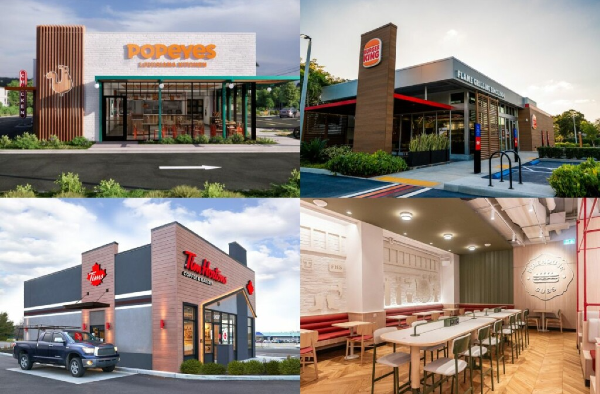

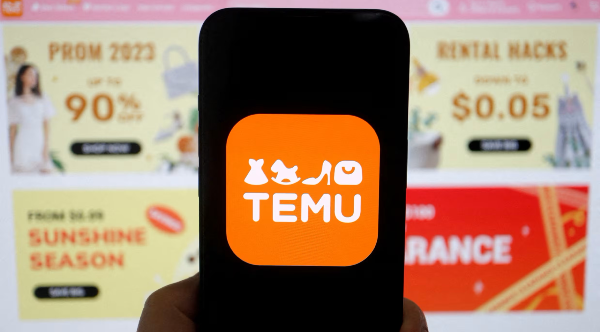

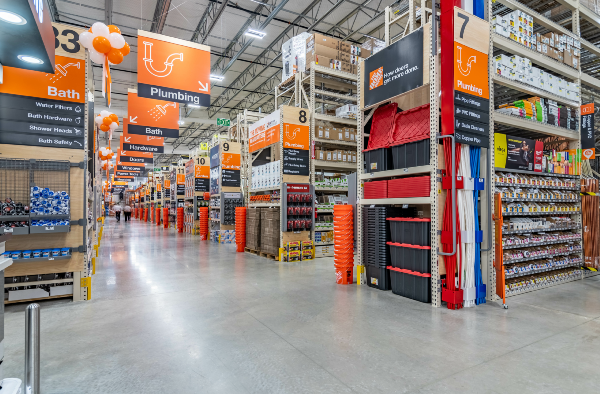
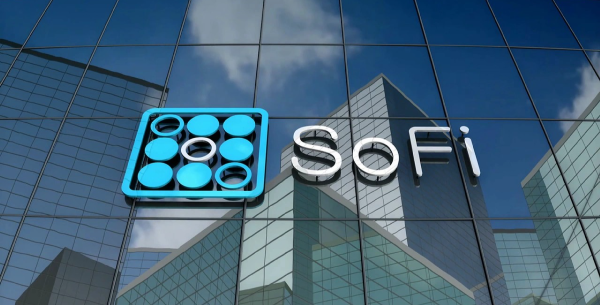
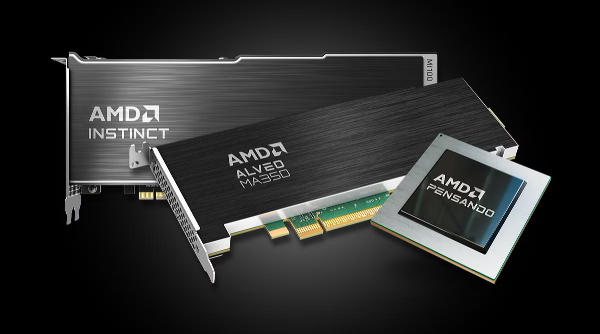
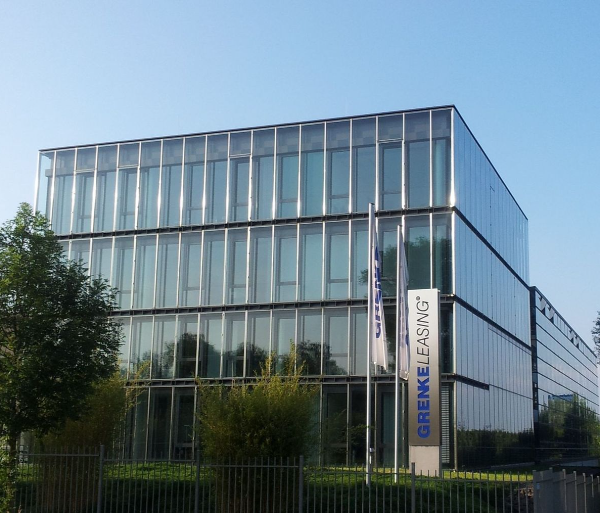

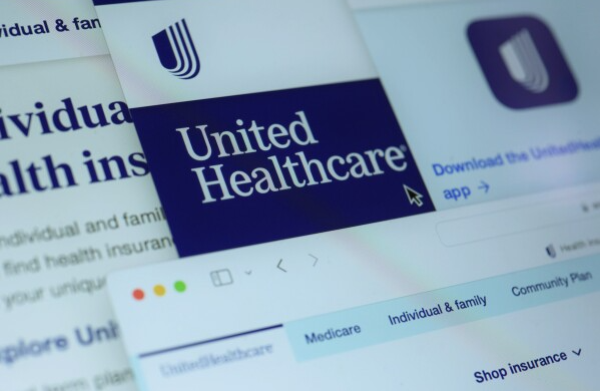
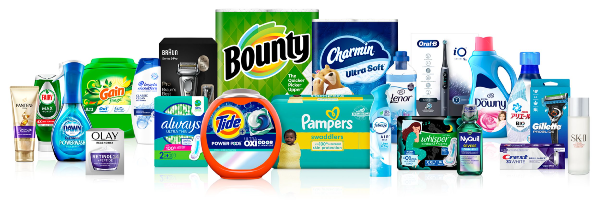
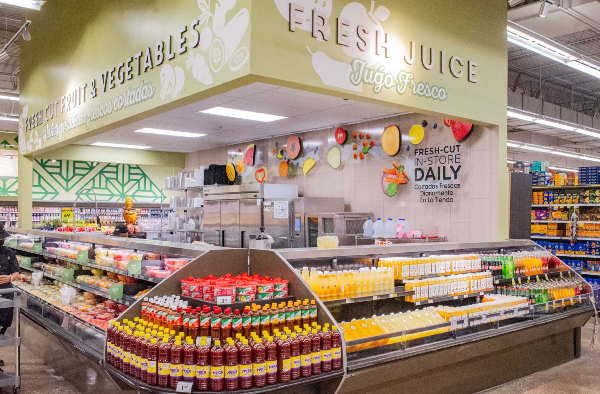
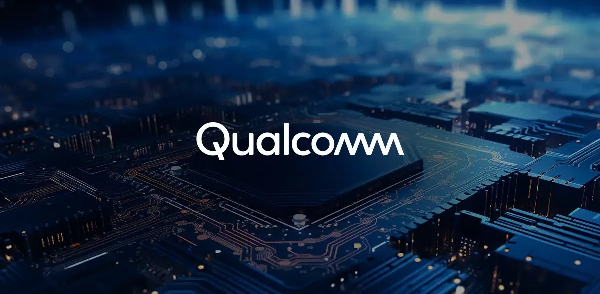

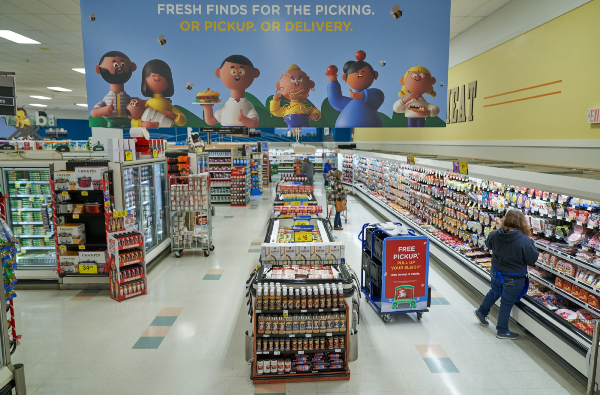

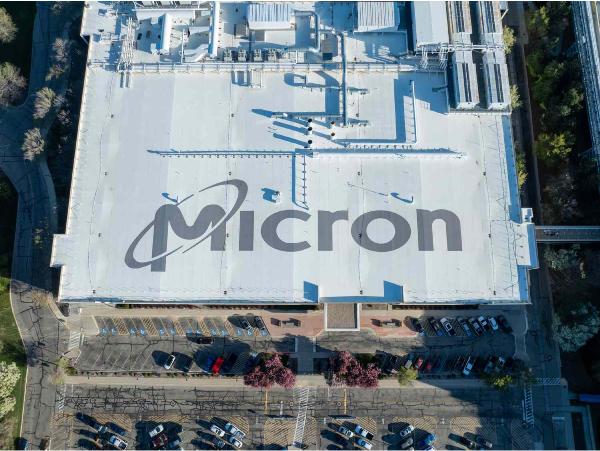

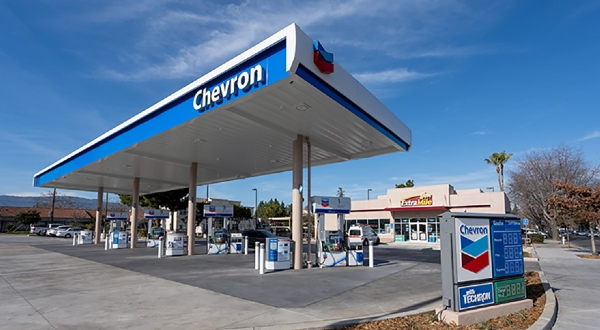
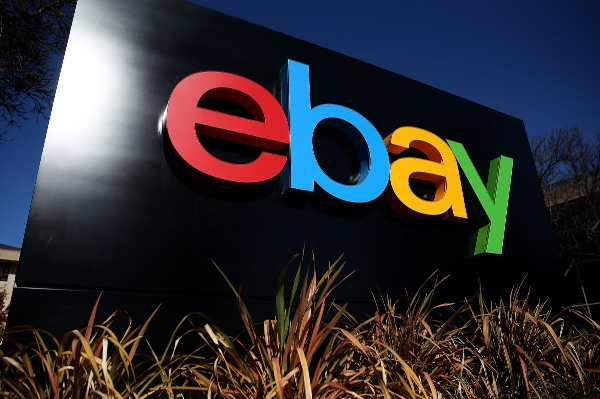
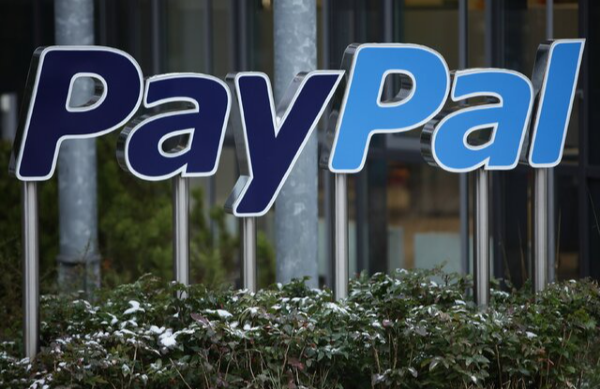
Seth Klarman recently increased his stake in Restaurant Brands International by over 10,000%, making it his seventh-largest investment at 5.5% of his portfolio. What makes this company so appealing, and is it a good investment opportunity for others? Let’s uncover the insights through a structured analysis of its financial health, growth potential, risks, and valuation.
Overview of Restaurant Brands International
Restaurant Brands International (RBI) owns four major fast-food brands: Burger King, Tim Hortons, Popeyes, and Firehouse Subs. Formed in 2014 through the merger of Burger King and Tim Hortons, the company operates over 32,000 restaurants across 120+ countries. With a diverse portfolio of well-known brands, RBI stands as a global fast-food powerhouse.
Recent Financial Results
The company's financial performance has shown mixed results:
While short-term figures are influenced by tax changes, a broader view suggests that pre-tax income grew 24.5%, indicating strong underlying performance.
Long-Term Performance
An investment of $1,000 in RBI at its inception in 2014 would now be worth $1,466. Additionally, shareholders would have received $385 in dividends, bringing total gains to $1,851—a return of 85%. Though below S&P 500 benchmarks, this relatively low-risk return might appeal to certain investors, especially those reinvesting dividends.
Ownership Insights
Ownership analysis sheds light on investor sentiment:
Financial Health Indicators
Growth Metrics
These figures indicate that RBI is effectively scaling operations, even if free cash flow growth remains muted due to aggressive reinvestment strategies.
Dividend Analysis
RBI’s dividend yield stands at 3.9%, offering shareholders $2.48 annually per share. However, the payout ratio is high at 69.7%, leaving limited cash for debt reduction. Dividend growth has been steady at 3% over five years, aligning with RBI’s potential trajectory as a future dividend aristocrat.
Valuation and Intrinsic Value
The Price-to-Earnings (P/E) ratio of 20.1 positions RBI slightly above fair valuation. Using growth estimates, intrinsic value calculations yield the following:
With the current price at $63, RBI appears overvalued across scenarios. However, its stable growth and dividend trajectory may justify the valuation for long-term investors.
Risks and Opportunities
While RBI's debt levels present a significant risk, its expansion efforts—such as the acquisition of Burger King China and plans to accelerate restaurant growth for Popeyes and Firehouse Subs—could fuel sustained revenue growth. Investors must weigh the risks of high debt against the potential for long-term value creation.
Industry Comparison
Among competitors like Chipotle, McDonald's, and Starbucks, RBI ranks as the cheapest option based on valuation. However, Starbucks scores higher in overall growth and financial metrics, suggesting RBI appeals more to value-focused investors.
Conclusion
Restaurant Brands International offers a compelling mix of stable growth, attractive dividends, and reasonable valuation, making it a potential safe bet for long-term investors. Seth Klarman’s significant stake indicates confidence in its future, though debt levels and moderate growth rates warrant caution.
https://youtu.be/FOd8LwgjQrg?si=H1pJYQmzxFLTV8Ro